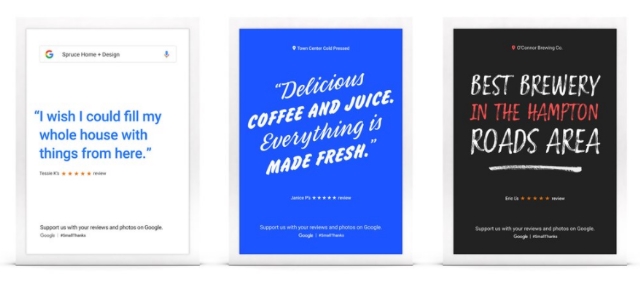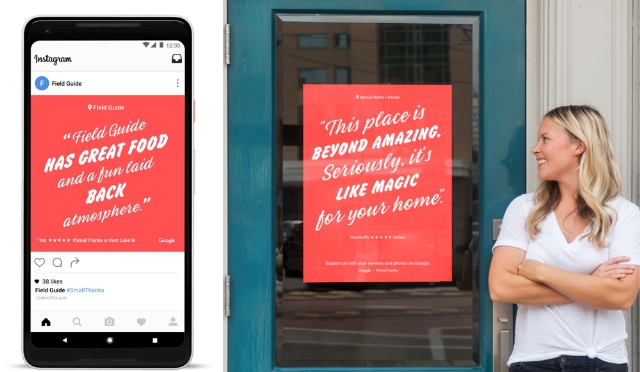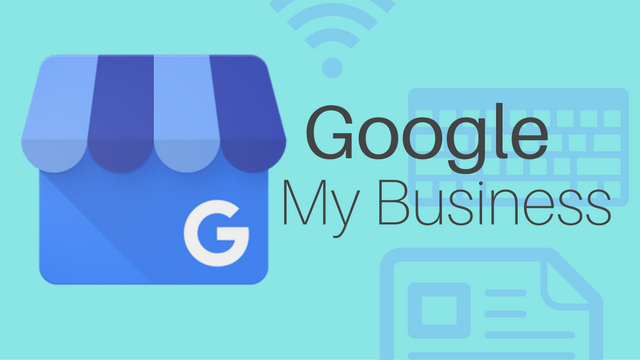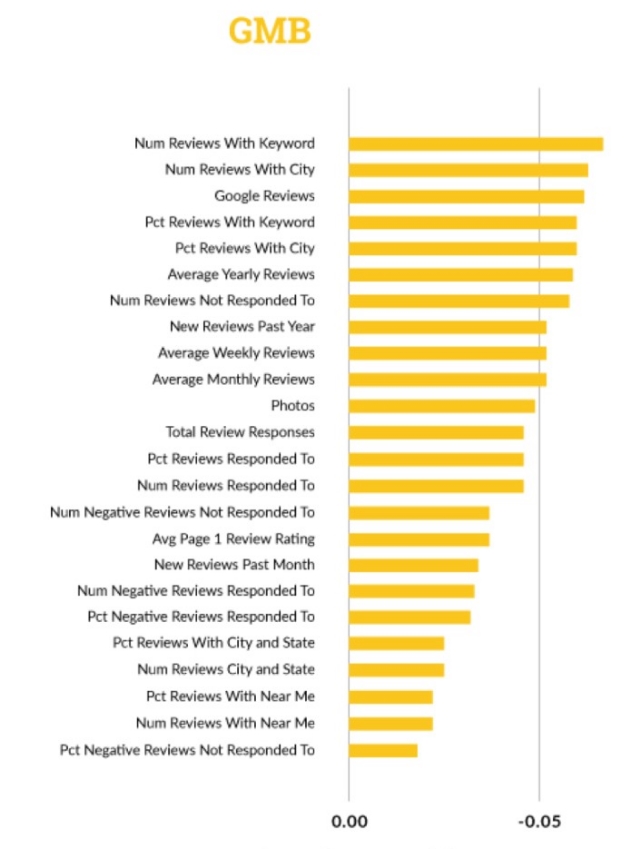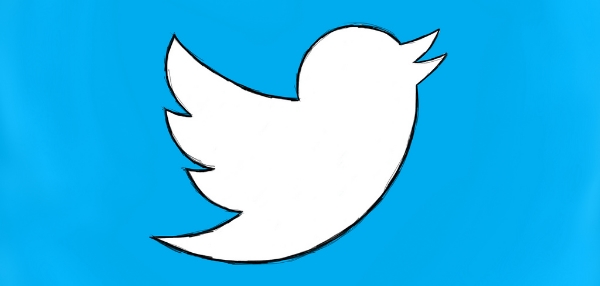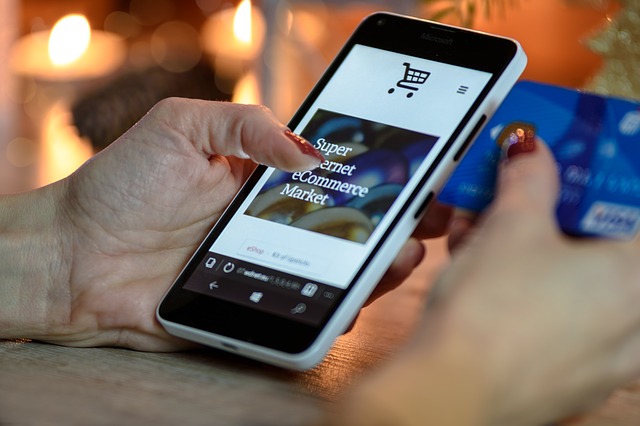
The Thanksgiving shopping weekend has officially become the biggest social media event of the year, garnering more discussion on Facebook and Instagram than even the most recent Super Bowl.
According to an email from Facebook to Social Pro Daily, more than 130 million people talked about Black Friday, Small Business Saturday, and Cyber Monday this year.
Facebook alone generated more than 226 million interactions from 90 million people about the Thanksgiving shopping weekend, while 52 million talked about the deals and shopping experience on Instagram.
Surprisingly, Black Friday and Cyber Monday weren’t the biggest days of the weekend on social media. Despite being considered the smaller event of the holiday, mentions of Small Business Saturday actually surpassed mentions of Cyber Monday. The day devoted to local small businesses also created two of the top hashtags on Instagram with “ShopSmall and #ShopLocal.
Other notable stats from the weekend according to Facebook:
- There were more than 450 million views over the weekend on Facebook of videos related to Black Friday and similar topics.
- Black Friday conversation on Facebook and Instagram was driven by women between 35 and 54.
- Men between 18 and 34 were more likely to discuss Cyber Monday.
- More than one-third of Instagram business profiles posted Instagram Stories during the holiday weekend.
- The top five shopping-related hashtags on Facebook and Instagram over the weekend were: #BlackFriday, #CyberMonday, #SmallBusinessSaturday, #ShopSmall and #ShopLocal.
- The three most engaged states on Facebook were Kentucky, Indiana, and Tennessee.

